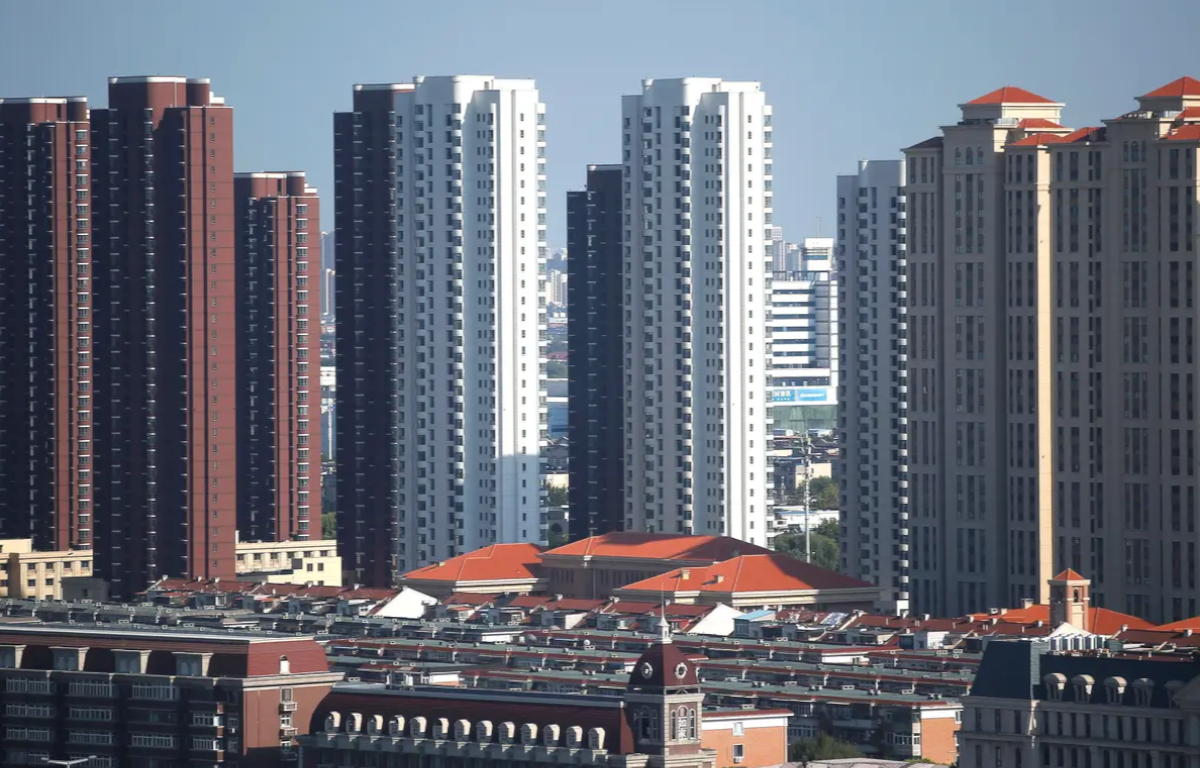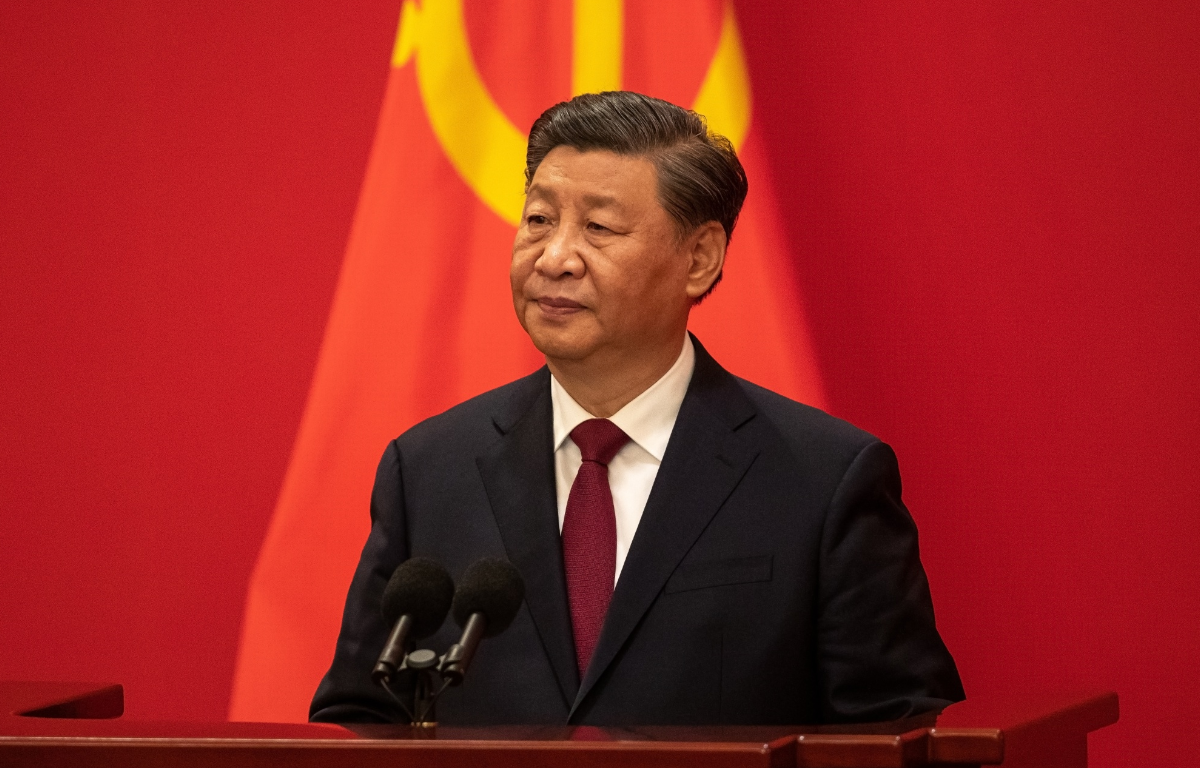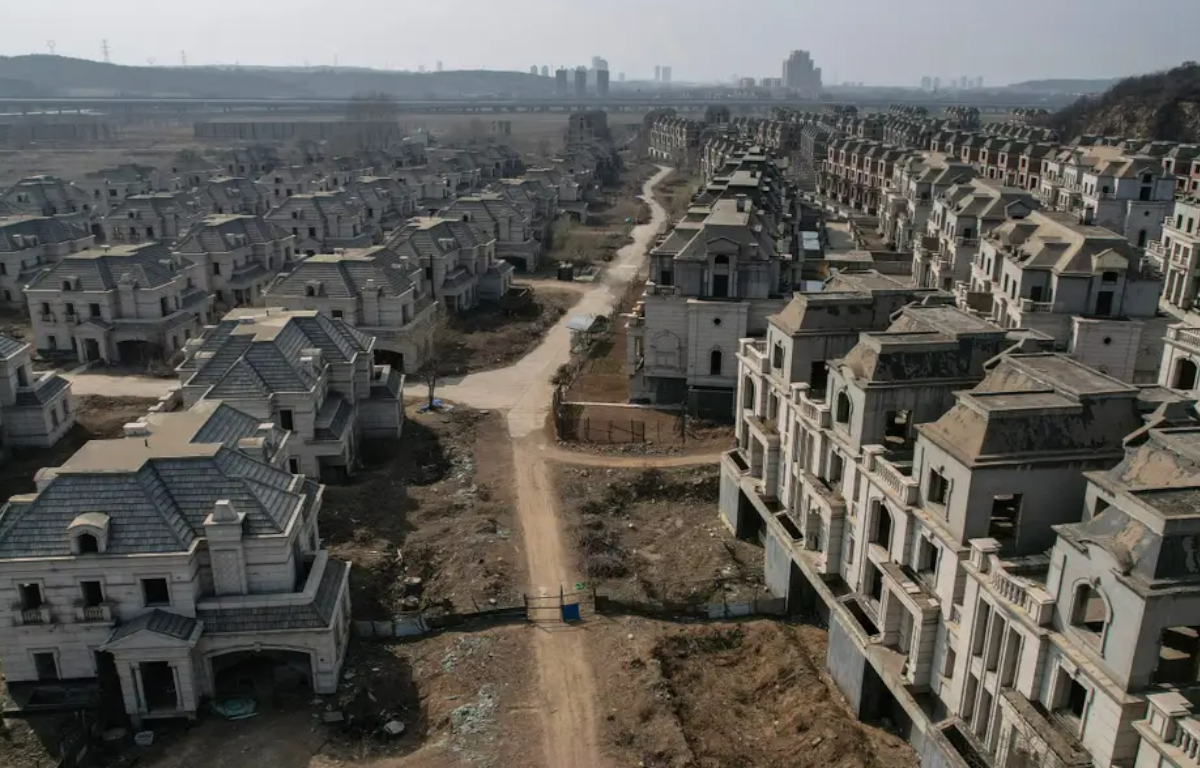
This bill, if enacted, would impose tougher jail terms on individuals convicted of national security offenses, marking a significant development in Hong Kong’s legal landscape and raising concerns about potential implications for civil liberties and freedom of expression.
The proposed bill comes amidst ongoing efforts by Hong Kong authorities to strengthen national security laws following widespread protests and unrest in 2019. The bill’s provisions include stricter penalties for offenses such as secession, subversion, terrorism, and collusion with foreign forces, all of which fall under the broad umbrella of national security.
Under the proposed law, individuals convicted of serious national security offenses could face up to 10 years in prison or more, depending on the severity of the offense. Additionally, the bill grants authorities broader powers to conduct surveillance, gather intelligence, and investigate suspected national security threats, raising concerns among civil liberties advocates about potential abuse of power and infringement on privacy rights.
The introduction of the new national security law bill has sparked mixed reactions within Hong Kong and garnered international attention. Proponents argue that stricter security measures are necessary to safeguard national sovereignty and stability, particularly in the face of perceived external threats. They argue that the bill is crucial for preserving law and order and deterring activities deemed detrimental to national security.
However, critics of the bill express concerns about its potential impact on civil liberties, freedom of speech, and political dissent. They argue that the broad and vague definitions of national security offenses could be used to suppress legitimate political opposition and silence dissenting voices. Furthermore, the increased powers granted to authorities raise questions about accountability, transparency, and the rule of law.
The proposed national security law bill is part of a broader trend of heightened security measures and legal changes in Hong Kong in recent years. These changes have sparked tensions between pro-democracy activists and authorities, as well as criticism from the international community over perceived erosion of Hong Kong’s autonomy and freedoms.
The bill is expected to undergo scrutiny and debate within Hong Kong’s legislative process, with stakeholders expressing diverse opinions and concerns. The outcome of these deliberations will have significant implications for Hong Kong’s legal system, civil liberties, and relations with the international community.
The introduction of Hong Kong’s new national security law bill with tougher jail terms reflects ongoing efforts to enhance security measures in the region. While proponents argue that stricter laws are necessary for safeguarding national security, critics raise concerns about potential impacts on civil liberties and political freedoms. The bill’s progression through Hong Kong’s legislative process will be closely watched, with implications for the city’s legal landscape and international relations.










Share this: